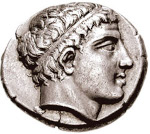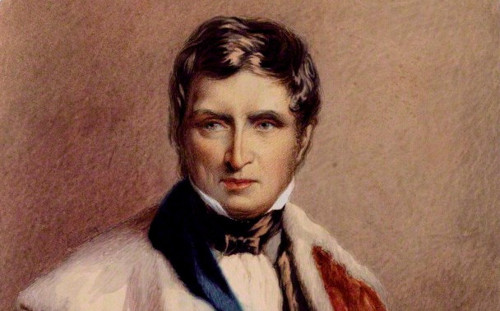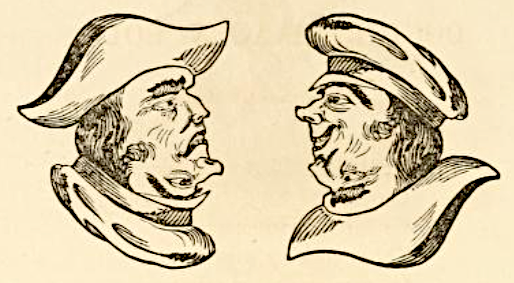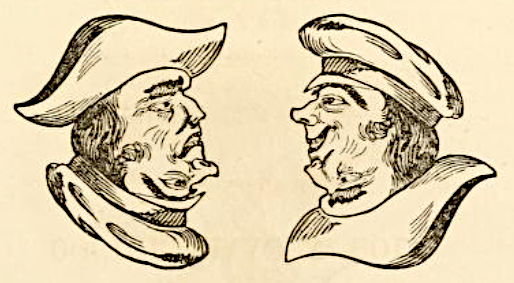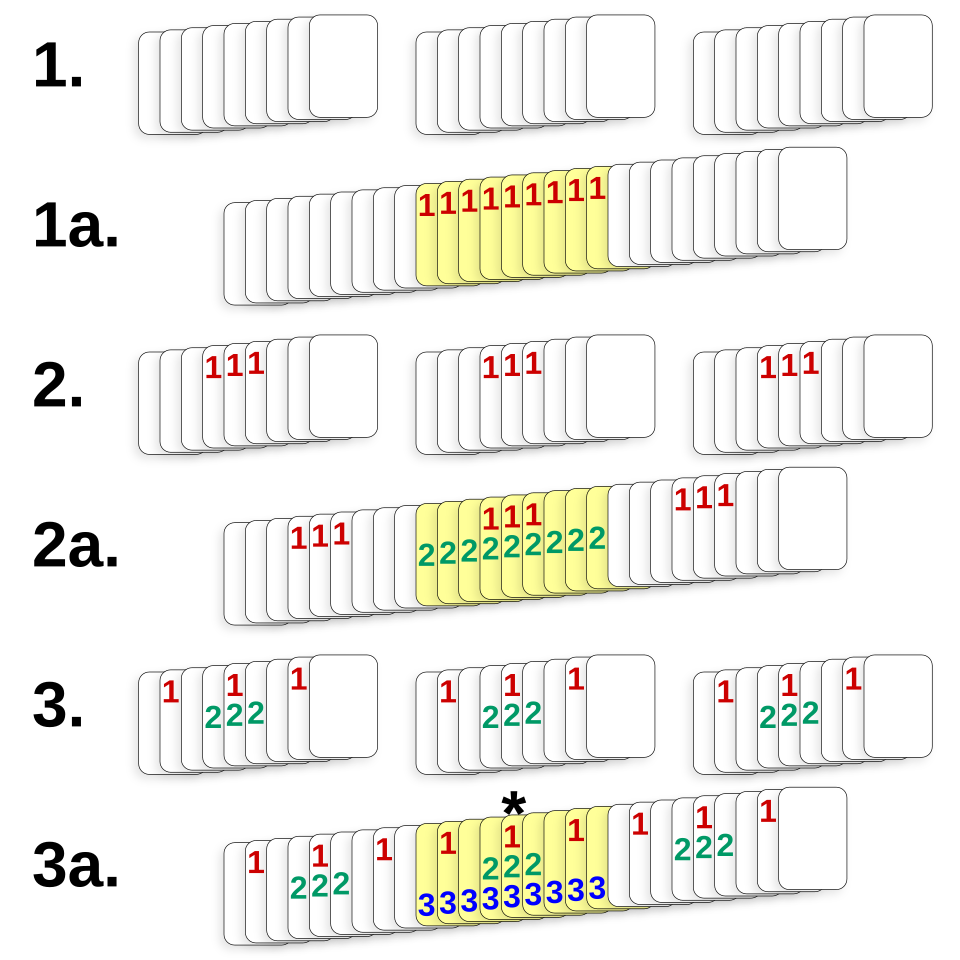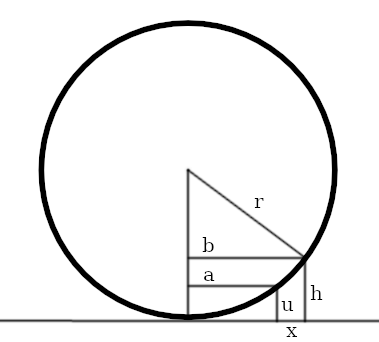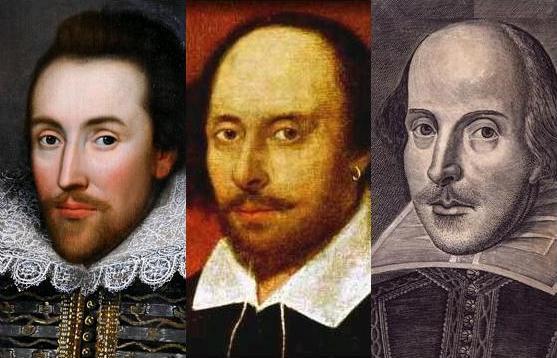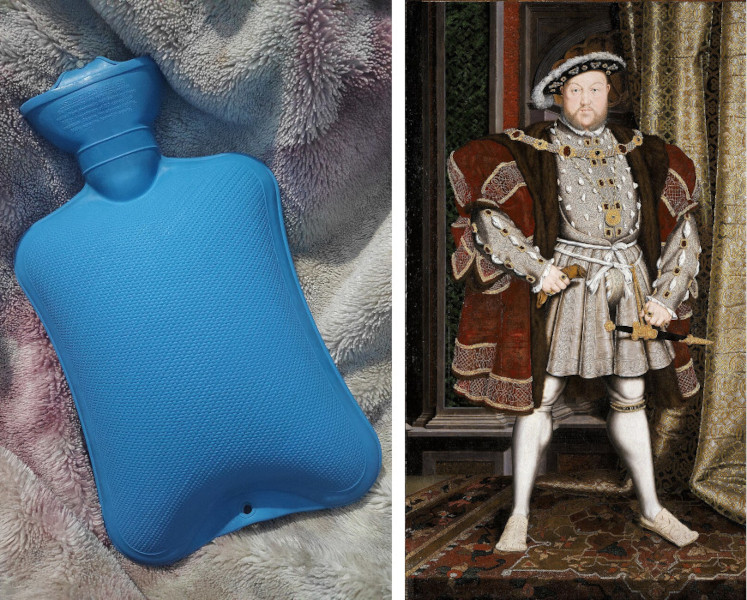In a dream someone said to me, ‘Any general thesis which is put forward without a concrete example is therein badly presented’. That was all he said, and I was about to point out the irony that in merely putting forward this thesis by means of a general statement the speaker had failed his own requirement of providing an example when it suddenly occurred to me, as I exclaimed to him, ‘Ah, I see. Your putting forward this thesis without an example is itself the concrete example’. But when I awoke I realized there was a problem here. If indeed the speaker is credited with having given me a concrete example of an example-less bad presentation, then that credit must be immediately withdrawn, because what he has given me is not an example of an example-less bad presentation. But if it is not an example, then it must once again be received as an example of example-less presentation, but then it once again is not an example, and so on forever.
— Arnold Zuboff, in Analysis, July 1992

